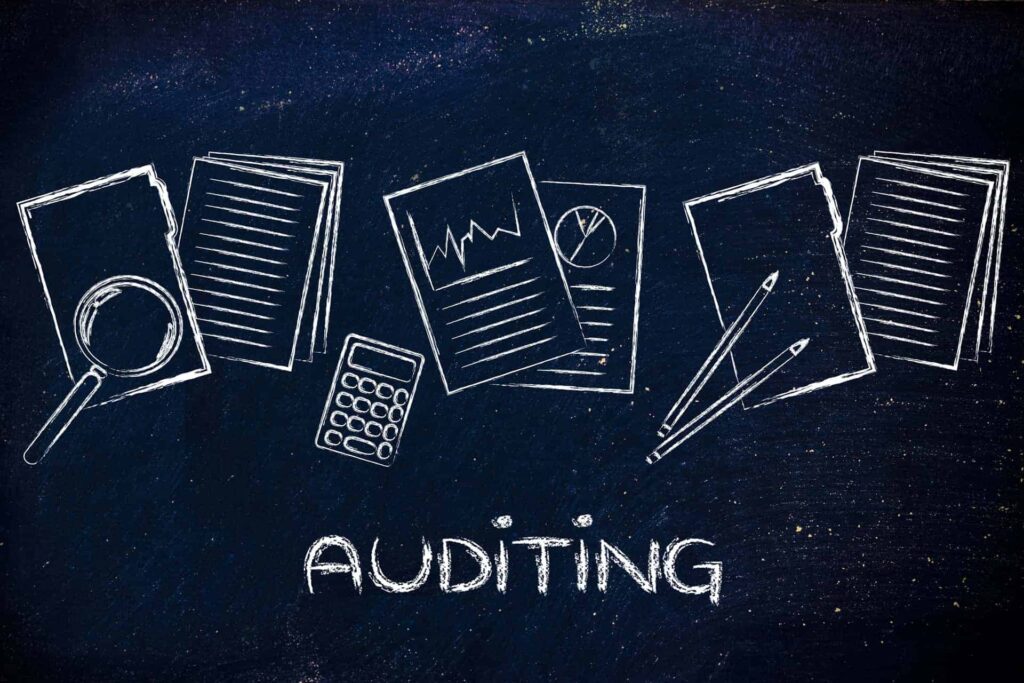Group Audit in Singapore: A Simple Guide
In the field of accounting and auditing, a group audit is conducted when an auditor examines the financial statements of multiple entities within a group of companies. Whereas, in Singapore, group audits are essential for ensuring the accuracy and transparency of financial reporting across interconnected businesses.
Why Group Audits are Important
Group audits play a crucial role in providing stakeholders with a comprehensive view of the financial health and performance of a group of companies. Thus, by conducting a group audit, auditors can:
- Evaluate the financial position of the entire group, including subsidiaries, associates, and joint ventures.
- Assess the consolidation process to ensure compliance with accounting standards and regulatory requirements.
- Identify and address any potential risks or discrepancies in financial reporting within the group.
Key Considerations in Group Audits
During a group audit in Singapore, auditors must consider several important factors:
- Scope of the Audit: Determine the entities within the group that require auditing and the level of assurance needed. In addition, the Company is required to examine within a “Group”. Refer to the following article for more information: https://usafe-ca.com/2024/04/23/understanding-audit-exemption-criteria-in-singapore/
- Consolidation Process: Review how financial statements are consolidated to present a unified view of the group’s financial position.
- Risk Assessment: Identify and assess risks associated with group operations, including related-party transactions and intercompany balances.
- Communication and Coordination: Maintain effective communication and coordination with auditors of subsidiaries and other entities within the group.
- Compliance and Reporting: Ensure compliance with Singapore Financial Reporting Standards (FRS) and other applicable regulations when preparing audit reports.
Benefits of Group Audits
Indeed, conducting a group audit offers several benefits:
- Enhanced transparency and accountability in financial reporting.
- Improved understanding of intercompany transactions and relationships.
- Strengthened governance and control mechanisms within the group.
- Increased investor confidence and credibility of financial statements.
Conclusion
In summary, group audits are a critical component of financial oversight for companies operating within a group structure in Singapore. Therefore, by conducting thorough and comprehensive group audits, businesses can ensure accurate and reliable financial reporting, bolstering trust and transparency among stakeholders.
For professional audit services and expert guidance on group audits in Singapore, contact us today. Our team of experienced auditors is here to assist you in navigating the complexities of group accounting and compliance.
USAFE’s Commitment
USAFE is dedicated to simplifying processes for our clients, allowing them to concentrate on their core operations. Our firm specializes in handling all aspects of corporate requirements, ensuring seamless compliance and accuracy in financial reporting. Besides, whether it’s conducting the audit, preparing relevant documentation, or liaising with regulatory authorities, we take care of it all. Moreover, we provide ongoing support and guidance to help clients navigate the regulatory landscape and optimize their financial reporting practices. Therefore, with our commitment to excellence, clients can trust in USAFE to deliver reliable services and support their long-term success.
Disclaimer: This article is for informational purposes only and does not constitute any professional advice. Feel free to contact us to consult with our professional advisors team for personalized advice and guidance.
Sources: https://www.accountingtools.com/articles/group-audit






